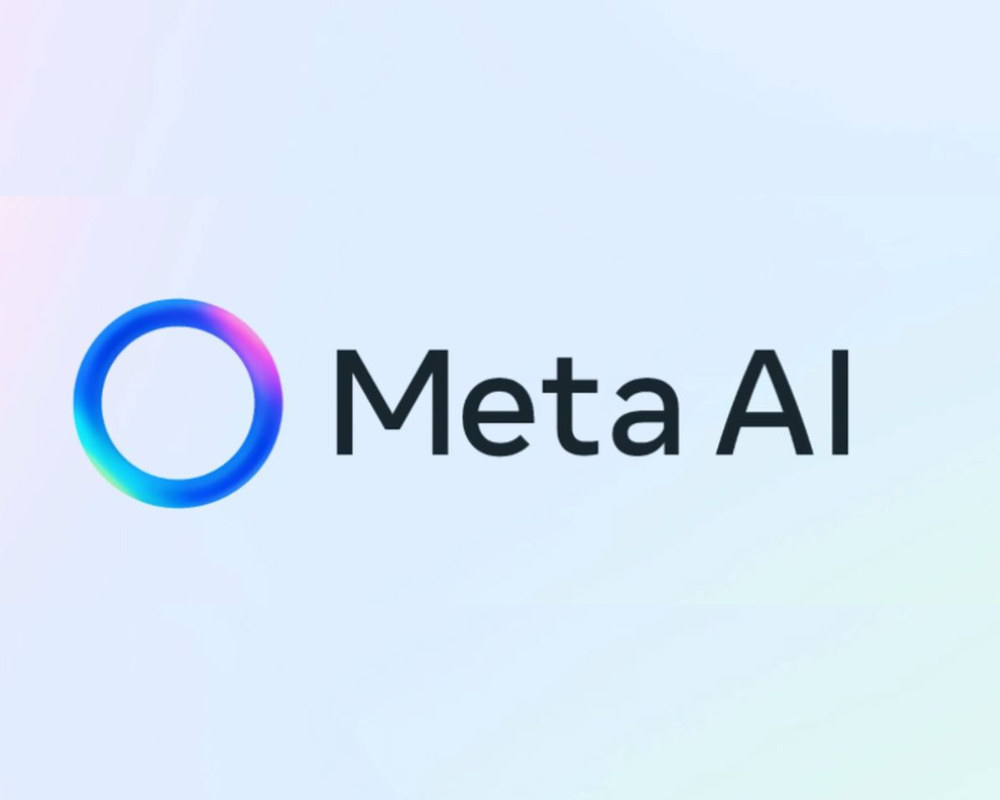May 2, 2025 By: JK Tech
Meta has jumped into the AI chat assistant arena with its new standalone app. This app, which runs on Meta’s latest Llama 4 model, aims to be more than a simple query answerer; it wants to become a clever, sociable, and integrated digital companion. With this, Meta is clearly setting its sights on platforms like ChatGPT.
What Sets This Assistant Apart
Unlike traditional AI chat tools that operate in silos, Meta’s assistant is embedded across its own ecosystem of Instagram, Facebook, Messenger, and WhatsApp. This means users can access it directly within the apps they’re already using daily. It’s also available as a separate app for those who prefer a focused experience.
One standout feature is its “Discover” feed, which showcases past interactions people have had with the AI and the prompts they used. While this makes for an engaging, community-driven experience, it also raises concerns around visibility and privacy. Not everyone may be aware that their conversations could be surfaced to others, especially if they’re discussing something personal or sensitive.
Early Creators and Content Push
Before rolling out the app more broadly, Meta worked with a handful of creators to give the assistant a test run. These included meme-makers, developers, and content influencers who explored its features and helped populate early conversations in the Discover section. While they weren’t financially compensated, they did get early access, allowing Meta to build organic engagement ahead of launch.
Tightly Woven into Daily Tech
This assistant does more than just chat. It supports voice commands and even integrates with Meta’s AI-powered Ray-Ban smart glasses, letting users talk hands-free in real time. By knowing what users are doing across Meta’s apps, the assistant tries to give answers that are correct and make sense for each situation.
This level of integration could make AI feel less like a separate tool and more like a natural extension of how people already interact with technology.
Debuted at LlamaCon. And This is Just the Start
Meta unveiled the assistant at its inaugural LlamaCon event, where CEO Mark Zuckerberg shared the stage with Microsoft CEO Satya Nadella. The message rang clear: AI has moved beyond experiments, and it’s becoming essential to our work, communication, and creativity.
Meta has also hinted at plans to bring in premium features through a paid subscription model. Still, experts don’t predict significant income from the assistant until around 2026.
Some Rough Edges to Smooth Out
Things haven’t all gone according to plan. A number of reports have pointed out cases where the assistant produced unsuitable or dangerous content. This included made-up conversations with minors and using celebrity images without permission. These problems have already caused public outrage pushing Meta to put in place tougher protection measures and systems to monitor content.
The Bigger Picture
Meta’s AI assistant aims high. It combines chat abilities with real-time knowledge, works across platforms, and fits into the company’s bigger picture of AI as a daily tool. But while its potential stands out, its lasting effect will hinge on how well Meta handles issues of trust, safety, and openness with users.
As AI becomes more ingrained in our lives, launches like this are more than just tech stories, they’re signals of what the future of interaction might look like.



